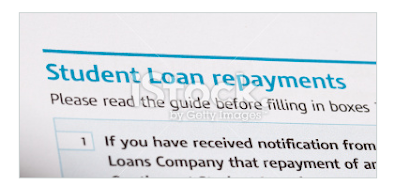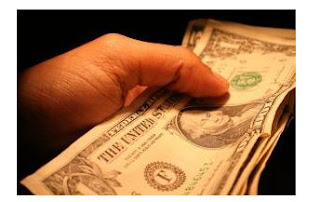
You spend money every now and then, but
how do you spend it wisely? Here are some tips to spend money meaningfully:
1. Buy
what you need but not what you want: Your wants are unlimited but your
resources are limited; it is best to live within your means to avoid
overspending and getting into debt.
To be without
some of the things you want is an indispensable part of happiness. - Bertrand
Russell
2. Buy
things to enhance productivity: Technological items like smartphones, personal
computers are tools to get information instantly and get work done faster and
more conveniently like online banking and purchases.Where public transport is
inadequate a car of the basic model is good enough to take you to your destination
much quicker and save time.
3. Buy
experiences to gain more than happiness: According to an article, Buy Experiences, Not
Things,
waiting for an experience apparently elicits more happiness and
excitement than waiting for a material good (and more "pleasantness"
too—an eerie metric). By contrast, waiting for a possession is more likely
fraught with impatience than anticipation. So treat your friend to a movie, go
sightseeing, and have a lunch date with your co-worker. When you entertain
others you are also networking and building a relationship.
4. Buy
books and take courses as a personal investment: You take courses to gain new
skills or sharpen your existing skills. Technical skills are essential for your
career success. Books are food for your mind.
Books provide insights and broaden your horizon. You will be wiser and
much more knowledgeable to deal with problems and make decisions.
An investment in knowledge pays the
best interest. - Benjamin Franklin.
5. Buy
quality products for durability: Look
for quality products like buying a pair of quality shoes to last at least a
year rather than buying one that lasts for two months. Quality goods are not
necessarily branded items that are more costly. So choose wisely,
6. Buy
below normal price: Buy at the right time such as during a sale, at a discount, or when the item is under a promotion or it is offered at a special price. Using coupons and buying generic brands for
household items are the way to pay less and get similar quality.
7. Buy
with your credit card: When you use the right credit card you are entitled to a rebate or cashback for your purchases. In this way, you pay less. CIMB Bank PETRONAS MasterCard is such a card. In their monthly statements, the discounts
for your petrol purchases and other purchases are stated separately. You will
be happy to save while you spend.
A man who both
spends and saves money is the happiest man because he has both
enjoyments. - Samuel Johnson
Noteworthy quote:
In my
early life I made two very important discoveries. In the first place, I
discovered that making money was easy. And in the second place, I discovered
that making money and spending it foolishly was completely meaningless. - Peace
Pilgrim







